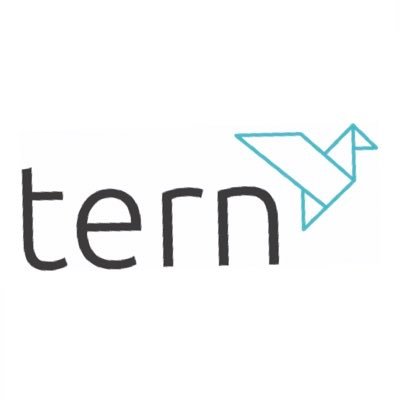Device Authority has unveiled a major enhancement to its identity security platform with a new integration between KeyScaler AI and Microsoft Copilot. This development significantly strengthens how organisations manage and respond to cyber threats, especially across large, complex fleets of connected devices where every second counts. By combining KeyScaler AI’s deep device intelligence with Copilot’s intuitive AI interface, security teams can now access critical insights and make informed decisions faster, all from within Microsoft’s familiar productivity suite.
This strategic integration unlocks the full potential of KeyScaler AI by making its capabilities accessible through Microsoft Teams. Instead of relying on siloed dashboards or navigating multiple systems, users can interact with real-time device intelligence using natural language prompts. This seamless approach brings vulnerability data to the surface and empowers security analysts to move from detection to mitigation more swiftly than ever before.
At the core of this capability is KeyScaler AI’s ability to link device-specific metadata with trusted external vulnerability databases. For each device it manages, KeyScaler AI uses its Software Bill of Materials (SBOM) to identify any known Common Vulnerabilities and Exposures (CVEs). It automatically retrieves detailed CVE descriptions, pulls in related documentation from platforms like GitHub, and distils the threat information into an actionable summary. From there, it suggests concrete next steps, removing ambiguity and reducing the cognitive load on analysts.
This automation transforms how teams prioritise threats and respond to risks. Time-intensive manual research is dramatically reduced, enabling security professionals to focus on decision-making and execution. With faster Mean Time to Discover (MTTD) and Mean Time to Respond (MTTR), organisations are better equipped to prevent costly breaches and maintain operational continuity, even in the face of rapidly evolving threat landscapes.
By leveraging AI to triage risks and offer context-rich guidance, the system reduces unnecessary device shutdowns and helps sustain uptime, which is especially critical in industrial and healthcare environments where downtime carries a high cost. These improvements reflect Device Authority’s ongoing commitment to building a security-first IoT ecosystem that delivers resilience without compromise.
Richard Seward, Vice President of Product Management at Device Authority, emphasised the strategic importance of this move: “Security operations teams are under immense pressure, particularly when managing large estates of connected devices. By making AI a core component of KeyScaler, we’re helping organisations reduce manual effort and improve responsiveness, while maintaining the trust and control that’s critical to operational continuity.”
Echoing this sentiment, CEO Darron Antill noted: “This is an important step in the evolution of our KeyScaler platform. As cyber threats become more complex and distributed, customers need intelligent, scalable ways to keep their devices protected. These new capabilities enhance KeyScaler’s role at the heart of their security operations.”
Device Authority continues to position itself as a leader in IoT identity security, giving customers a smarter, faster, and more scalable way to protect their connected assets.
Tern plc (LON:TERN) backs exciting, high growth IoT innovators in Europe. They provide support and create a genuinely collaborative environment for talented, well-motivated teams.






































